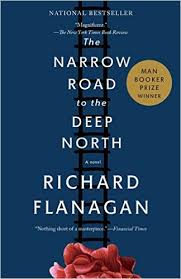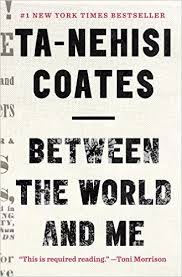Jacob Needleman
North Atlantic Books

|
You will see that your mind is a ragtag collection of opinions, beliefs, fragmentary, imaginary certainties about anything and everything—things you have been told, or heard, or which are constantly absorbed into your mind in the atmosphere of your circle of friends, chance acquaintances, your schools, your entertainments—the fashionable worldviews and habits of explanations that are really no more than fossilized mental habits…You will realize that what you need is not new beliefs, new information, new theories, but an entirely new mind. from I Am Not I |


 Suzanne Kelman
Suzanne Kelman Sarah Bakewell
Sarah Bakewell Richard Flanagan
Richard Flanagan Elizabeth Gilbert
Elizabeth Gilbert Stacy Schiff
Stacy Schiff Hanya Yanagihara
Hanya Yanagihara Ta-Nehisi Coates
Ta-Nehisi Coates Jane Hirschfield
Jane Hirschfield Ellen Urbani
Ellen Urbani